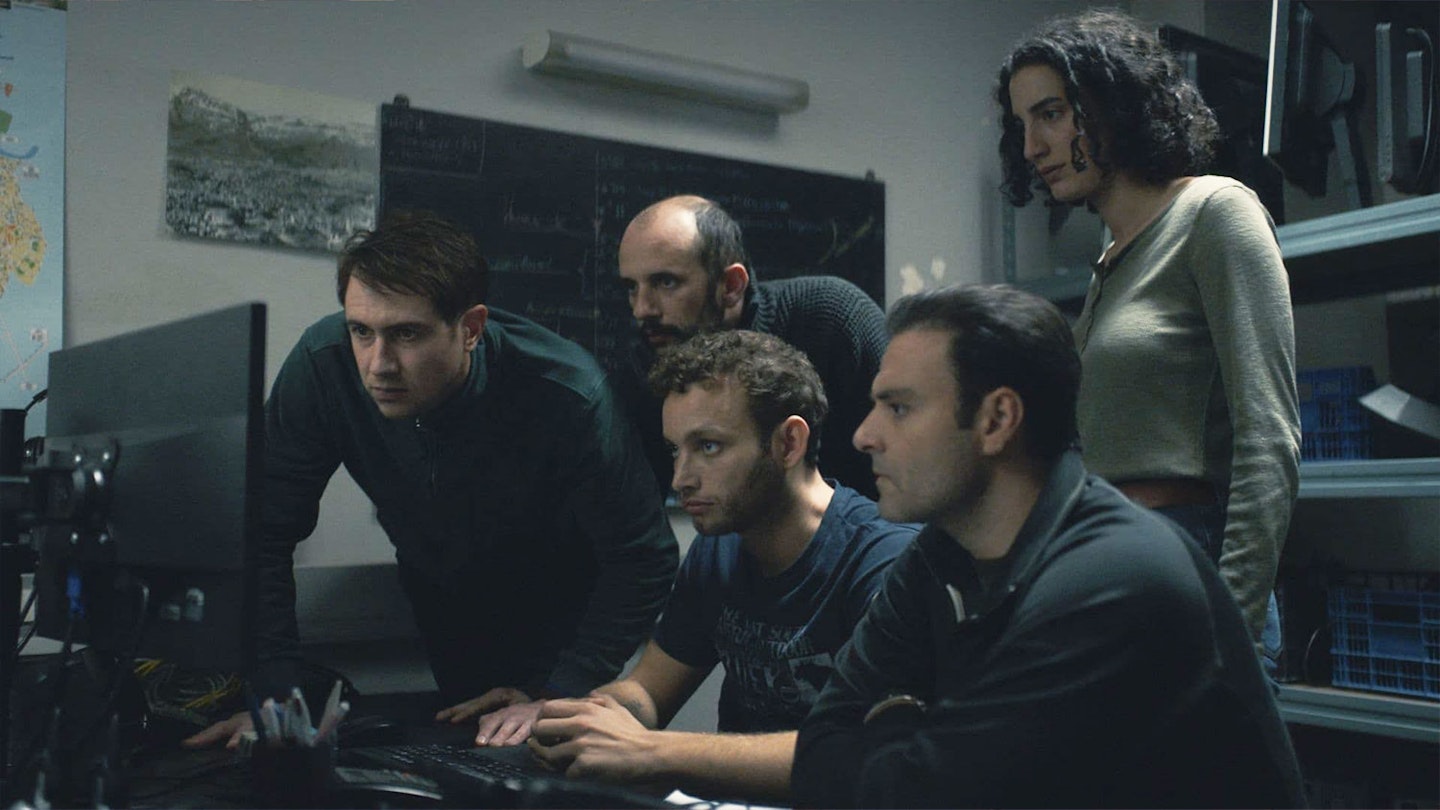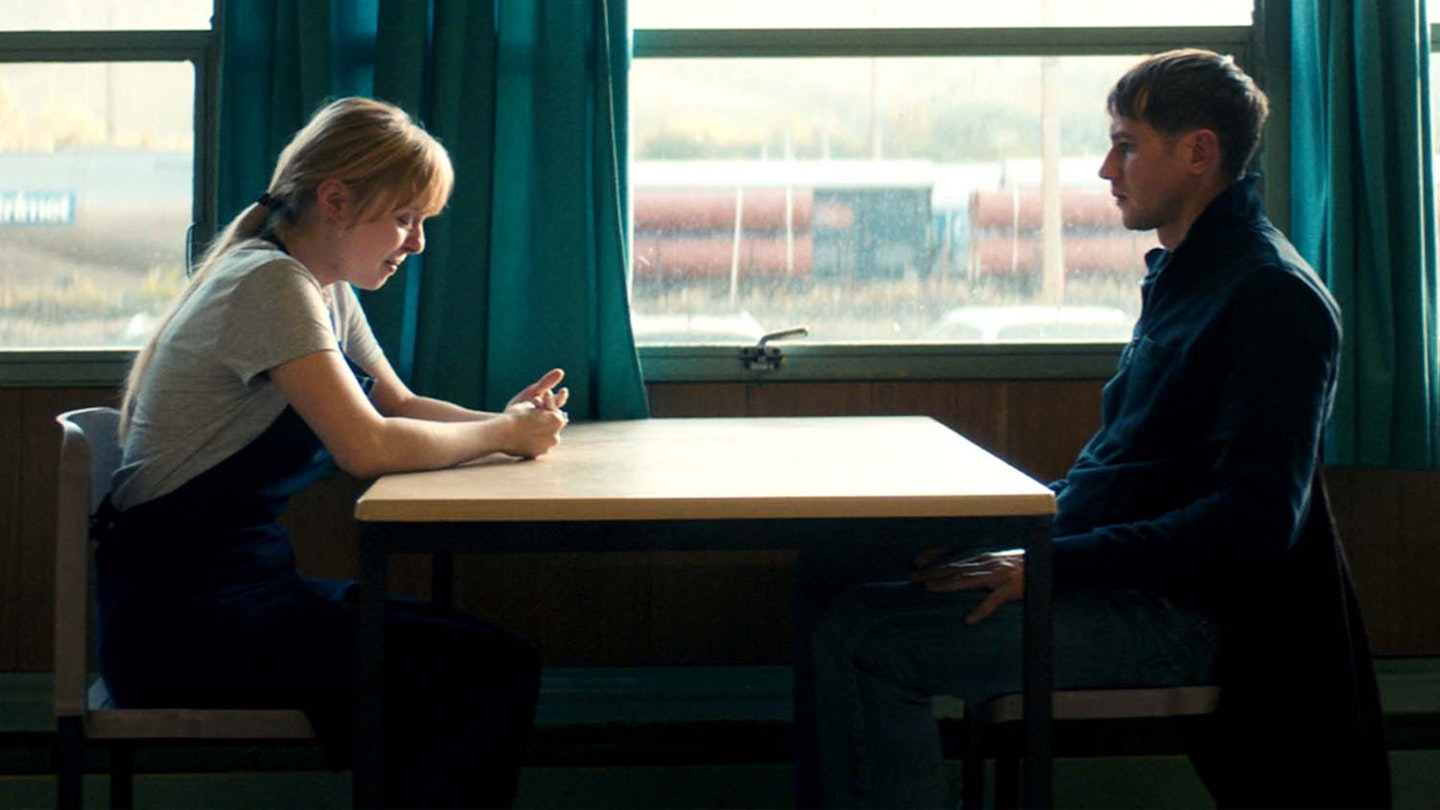At the very beginning of Dominik Moll’s crime drama The Night Of The 12th, the audience is told two things: this is based on real work by police in Grenoble, and is the story of an unsolved case. This is therefore a dangling whodunnit, a procedural with no satisfying outcome, and it’s to the film’s credit that it still fascinates more than it frustrates. Like David Fincher’s Zodiac, it’s about the attempt, rather than the success.

The opening scenes show the shocking murder of Clara Royer (Lula Cotton-Frapier), a student walking home one night from a friend’s house. Yohan Vivès (Bastien Bouillon), the newly appointed captain of his serious crimes unit, attends the scene the next morning, still hungover from his predecessor’s leaving drinks, and finds himself unusually struck by the tragedy of the killing. As promising suspect after suspect is found and discounted, that feeling becomes a driving need to find her killer that will leave Vivès and all his colleagues changed.
This is a closely-observed portrait of the grind of police work shot in workmanlike fashion.
As with David Simon’s work on The Wire and Homicide: Life On The Street, this is a closely-observed portrait of the grind of police work shot in workmanlike fashion, though it is never as politically or structurally piercing as those epics. But Moll does clearly point the finger in one direction, at the misogyny that all the suspects share and into which the police also lapse on occasion. Clara is killed because a man decided to kill her, and her case goes unsolved because a male team can’t find the man responsible.
Still, they keep going, reaching one dead end after another, and we, the audience, share their hope that each new lead will bring an answer. After all, there’s Bouillon’s hero cop, the idealistic leader, and Bouli Lanners’ old warhorse of a detective. Everything in film history and language tells us that these guys will solve the case. It’s a neat trick of pacing and storytelling to make us look past our own information, to use our very understanding against us and keep us on the edge of our seats.
